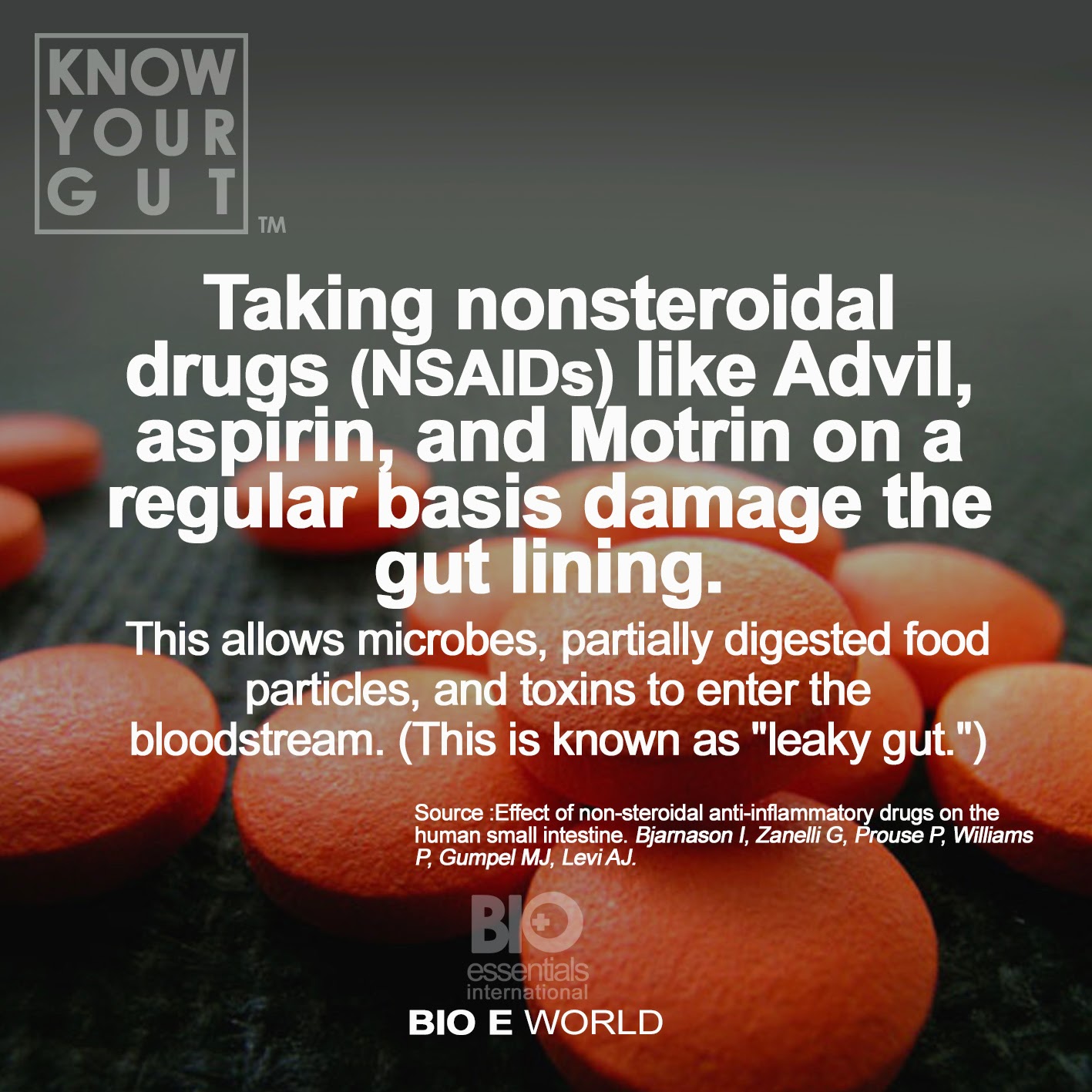Why are NSAIDs hard on the stomach?
Why are NSAIDs hard on the stomach?
The drugs cause ulcers by interfering with the stomach's ability to protect itself from stomach acids, according to the National Digestive Diseases Information Clearinghouse. "Normally the stomach has three defenses against digestive juices: mucus that coats the stomach lining and shields it from stomach acid, the chemical bicarbonate that neutralizes stomach acid, and blood circulation to the stomach lining that aids in cell renewal and repair," the clearinghouse explains. "NSAIDs hinder all of these protective mechanisms, and with the stomach's defenses down, digestive juices can damage the sensitive stomach lining and cause ulcers."
How do NSAIDS undermine the stomach's defenses? All block an enzyme called cyclooxygenase 1, or COX-1. This enzyme helps prevent ulcers by enhancing blood flow to the stomach and increasing the production of protective mucous. If there's a shortage of COX-1, your stomach may not develop its usual protective lining, making it more vulnerable to attack by stomach acid.
In most cases, the damage is minor and your stomach heals completely about five days later. Still, regular doses can cause dyspepsia, lingering pain, or discomfort in the stomach. And if your stomach doesn't heal quite as quickly as it should, you could easily develop an ulcer or serious internal bleeding.
Who is at risk for NSAIDs-related intestinal trouble?
The typical person with NSAIDs-related intestine problems is an arthritis sufferer who takes several pills every day. For some people, however, just one pill each day can be enough to cause trouble. Older people are especially prone to complications of NSAIDs. The risk climbs if you have a history of ulcers, if you're currently taking corticosteroids or anticoagulants, or if you have a serious illness such as cancer or cirrhosis.
There's some evidence that smoking and drinking can also increase the likelihood of an NSAIDs-induced ulcer. According to the American Family Physician, alcohol consumption can also increase the risk for major bleeding in the upper GI tract, which includes the esophagus (or gullet), the stomach, and the beginning of the small intestine. In a study of more than 1,200 patients admitted for upper GI bleeding, researchers found that those who drank heavily and used aspirin or ibuprofen regularly had a much higher relative risk of intestinal bleeding. What's more, this was true even for people who were taking low-dose aspirin. (Because NSAIDs cause system-wide effects, even "enteric-coated" aspirins can cause ulcers.




Comments
Post a Comment